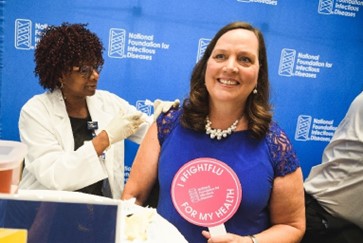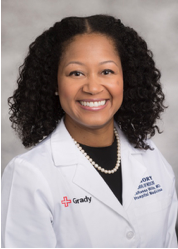Category: Healthcare-associated infections
Upcoming HICPAC Public Meeting Information

The next Healthcare Infection Control Practices Advisory Committee (HICPAC) meeting is scheduled for August 22, 2024, 9 a.m. – 3:15 p.m. ET. The meeting will be virtual and streamed live on YouTube. HICPAC meetings are open to the public and registration is not required to watch the meeting webcasts. A link to the meeting webcast will be Read More >
Posted on by 16 CommentsSupporting Health Equity in Native Hawaiian Communities

May is Asian American, Native Hawaiian, & Pacific Islander (AANHPI) Heritage Month, a time to recognize the contributions and experiences of AANHPIs. As a collaborative, CDC’s Project Firstline works with partners like the Asian and Pacific Islander American Health Forum (APIAHF) to meet healthcare workers where they are with infection control information and resources based Read More >
Posted on by6 Tips for Patients to Avoid Healthcare-Associated Infections

When a loved one is hospitalized, the last thing anyone wants is for them to get an infection while receiving care. Yet, according to the Centers for Disease Control and Prevention (CDC), on any given day, about 1 in 31 U.S. hospitalized patients has a healthcare-associated infection (HAI). An HAI is an infection that develops Read More >
Posted on by 6 CommentsStrengthening Infection Prevention and Control in Sierra Leone and Ethiopia

This story has moved and can be found on the International Infection Control Website at https://www.cdc.gov/international-infection-control/php/stories/ipc-sierra-leone-ethiopia.html Read More >
Posted on by 5 CommentsCelebrating Black History and Advancing Health Equity for Safer Patient Care

February is Black History Month, a time to reflect on the contributions and experiences of African Americans throughout United States history. This year, CDC’s Project Firstline had the privilege of speaking with Dr. TaRessa Wills, a Black female physician, about what the observance means to her and the importance of advancing health equity to Read More >
Posted on by 1 Comment
